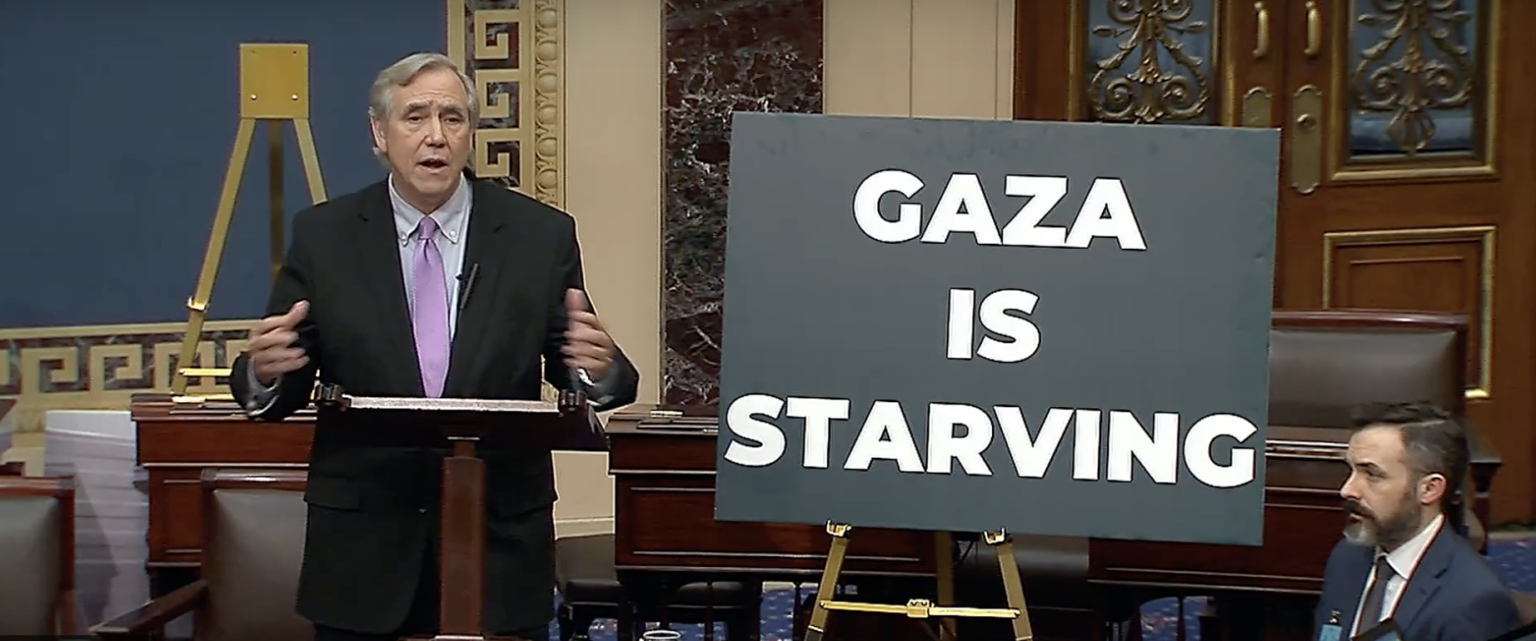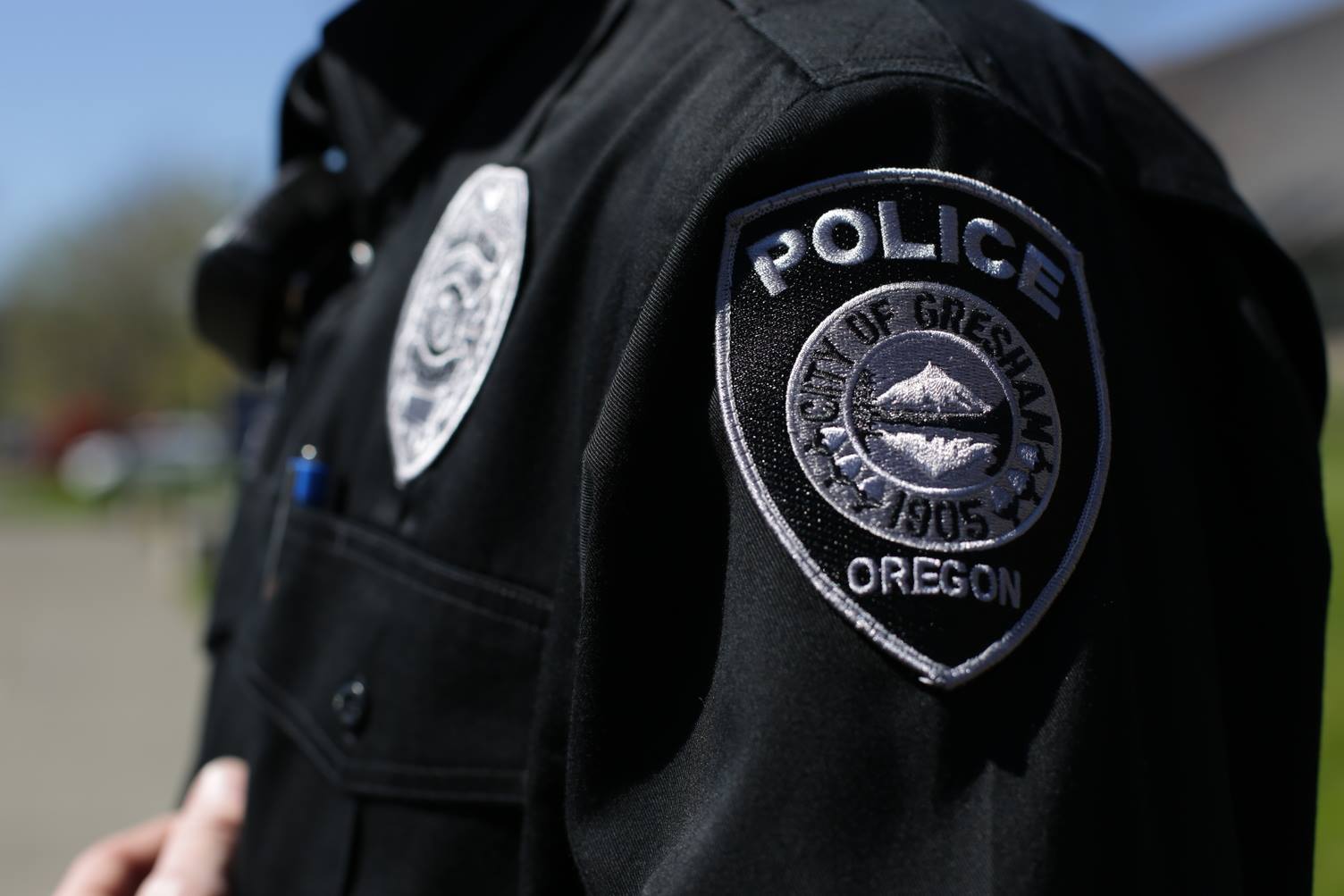Oregon’s Diesel Dilemma: Health of communities vs. industry interests
Published 1:25 pm Tuesday, January 28, 2025

- PEVETO
Across Oregon, semis, delivery trucks, and other diesel-powered vehicles rumble through neighborhoods, delivering goods to our doorsteps.
Trending
But they’re not just carrying online purchases from warehouses scattered around the state, they’re bringing pollution to our doorsteps and our lungs.
And let’s be clear. Diesel pollution kills. It contains hazardous pollutants and is linked to respiratory illnesses, blood disease, and cancer.
According to a report from the Union of Concerned Scientists, while heavy-duty vehicles represent just 13 percent of vehicles on Oregon’s roads, they are responsible for 70% of smog-forming emissions and 64% of soot pollution from the state’s transportation sector.
Trending
Last year, most Oregon counties received “F” grades for unhealthy levels of soot pollution from the American Lung Association’s State of the Air report card.
In 2021, recognizing how deadly diesel pollution is for our health and climate, we had one of those rare moments in Oregon when industry and advocates worked together.
By unanimous decision, our state adopted new clean trucks and pollution policies that would transition us from older diesel technology and start the move to zero-emission options.
Oregonians celebrated this progress, and truck manufacturers like Daimler committed to working in good faith to prepare for implementation in 2025, even signing an agreement in 2023 to meet the requirements and not lobby against them.
This commitment to work collaboratively toward clean trucks contrasts sharply with the reality of today. Publicly, the manufacturer is cashing in on government incentives and touting its green credentials while privately pressuring state leaders into delaying the policy.
Recently, Daimler engaged in what amounted to a staring contest days before the clean trucks standards were to go into effect when they refused to sell any of their trucks in their home state for two weeks over a small miscommunication.
This sales pause came weeks after regulators announced they were delaying implementation of a life-saving diesel pollution standard in Oregon due to industry pressure.
This initial delay will result in over $200 million in health impacts and many more lives lost to pollution-related illnesses, according to a recent UCS analysis.
Despite the inherent cruelty of robbing Oregonians of hard-fought and deserved clean air by delaying the diesel program, Daimler refused to stop and instead pressed ahead, leveraging a small miscommunication to confuse the public and attack the complementary clean trucks program as well.
Much has been made about Oregon’s readiness for clean trucks, but the fact is, this policy is flexible, technology neutral, and, despite widespread misinformation, includes a gradual ramping up of sales requirements for manufacturers, not fleet owners.
In fact, the manufacturers impacted by this program have received billions in government incentives and investments, had years to prepare, and been granted every allowance and flexibility—including the delay they’ve already secured for the diesel pollution standard. Yet, their tactics continue as they line their pockets and greenwash their public image while threatening the rest of us with a dirtier future.
Our state leaders will undoubtedly continue to face underhanded industry tactics like these. We already have seen the introduction of bills sponsored by industry lobbyists aimed at undermining Oregon’s authority to protect our communities from deadly emissions.
As we look toward the uncertainty of the next four years, Oregon needs to decide: Will we bend to polluting interests and allow them to continue to freely harm our health and safety or stand strong and protect the health of our most vulnerable communities?
Our leaders must make clear that Oregon will champion clean air and hold polluters accountable. Our communities cannot continue to be the diesel dumping ground of the West Coast.
Diesel pollution is killing us. We can not afford to delay another day, much less two years. It was true in 2021 and true today: we can either begin the transition from diesel now and reap the health and environmental benefits, or we can continue to delay and force the most vulnerable communities in Oregon to shoulder the cost.
Oregonians across the state are counting on Gov. Tina Kotek and leaders at the Department of Environmental Quality to stand up to these corporate polluters, including Daimler, and prioritize the health and safety of our communities.
Oregonians can’t wait for clean air.







